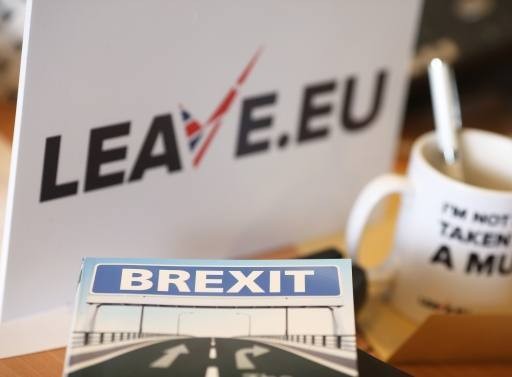
How can you manage the effects of geopolitical uncertainty when investing?

Politics and geopolitics are polarising and confusing. Yet it is critical that investors integrate such criteria into their analysis.
“[Investors] absolutely should be paying attention to geopolitics,” said Willis Sparks, the director of global macro at Eurasia Group, in an interview with Jason Voss, CFA, content director at CFA Institute. “It’s a complicated issue and you really have to look at it issue by issue, market by market. But absolutely politics is increasingly important for both developed and emerging-market countries."
In less mature markets, politics tends to have a bigger influence on outcomes, he said. But developed nations aren't immune to political turmoil that can spill into markets. He went on to stress how vital it is to prepare for potential geopolitical events while remaining objective.
Political knowledge as a competitive advantage
What’s the payoff of a geopolitical focus?
Sparks said there is a possibility of good returns, “if your better understanding . . . gives you a competitive advantage.”
The goal, according to Sparks, is to grasp the political risks so you can identify where they are exaggerated and where they are under appreciated. Is North Korea’s latest missile test seriously destabilising or is it much ado about nothing? If you have insight into that, you can prepare accordingly and hopefully reap the returns.
For example, Sparks predicted Donald Trump would lose the 2016 US presidential election, but he wrote about what policy might look like under a Trump administration. Because Sparks planned for the unexpected outcome, his investors were better off when it actually occurred.
“Even though we were wrong with our forecast,” he said, “our clients were well-prepared by the scenarios.”
Political uncertainty and its effects on finance
What geopolitical trends most concern Sparks?
He voiced a belief that the current events in Europe will likely have both short- and long-term effects. He is watching Brexit-related uncertainty, the growth of populist movements in Italy, and friction between Turkey and the European Union — and planning for every scenario and outcome.
In Asia, Sparks said he is keeping a close eye on China, which he thinks will need stability over the next year as top officials begin to rotate out.
The largest threat may be North Korea, Sparks said, specifically its ability to launch an intercontinental ballistic missile, which could lead to a war on the peninsula. The toll of such a conflict is impossible to calculate. The potential price tag of reconstruction alone would be astronomical. “The cost of clean-up is going to be historic,” he said.
A potential conflict with North Korea would involve complicated diplomacy among China, the United States, and other nations. The result of these diplomatic discussions, whether it involves tough sanctions, cyber and covert operations, or military action, is going to be expensive. And the outcome is effectively unknowable.
But Sparks embraces this uncertainty.
“You have to be able to get past partisan politics,” he said. “You have to be able to drill down into what’s actually happening, why is it happening. You have to put your prejudices aside, which is a full-time job.”
Sparks had one last piece of advice: “Question your assumptions all the time, and be rigorous about it.”
If you liked this post, you can read more from the Enterprising Investor, a CFA Institute blog.